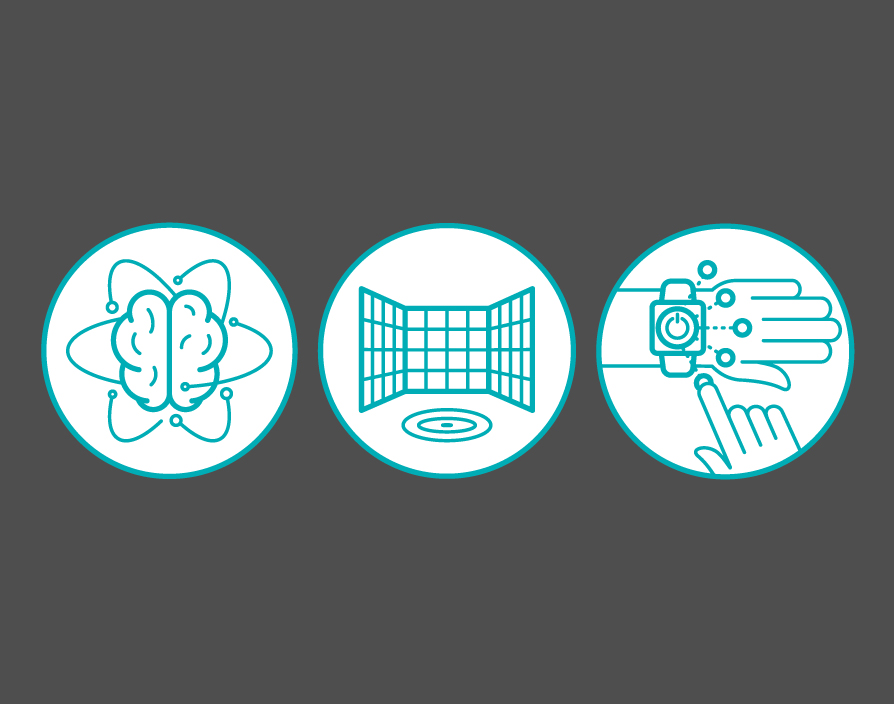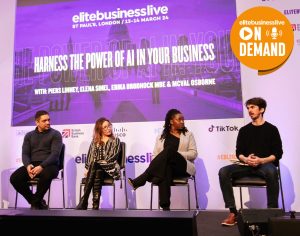The pace of change in Britain’s technology industry shows no sign of slowing down, with new products and services being launched on an almost daily basis by pioneering UK entrepreneurs. It’s harder than ever to pin down trends as the industry is constantly being reinvented but there are three areas in particular where we’re seeing incredible innovation.
Wearables
Wearable technology has progressed significantly in the last few years and is increasingly moving into the mainstream, with consumer devices such as Fitbit and Jawbone booming.
The Unseen, the stylish, material-science design house, is demonstrating the exciting things that can be done with wearable tech. Famous for creating garments from a blend of biological and chemical matter, The Unseen won our 2013 fashion contest. It subsequently went on to develop a colour-changing cloak, sensitive to human electro-magnetism, in partnership with Holition.
More recently, an interesting winner which is likely to have a huge impact on people’s lives is the Db GLOVE by Intact. This device digitises several existing touch-based alphabets, such as Malossi and Braille, to enable blind and deafblind people to use all the features of a mobile device and communicate with others.
Augmented Reality / Virtual Reality
The Augmented Reality / Virtual Reality (AR/VR) sector has huge potential and the global market is forecast to hit $150bn revenue by 2020 according to Digi-Capital. There is now a great level of excitement surrounding startups in the AR/VR space with the launch of Microsoft’s HoloLens, Samsung Gear and Sony’s Project Morpheus all grabbing headlines.
The UK is also home to some world-leading companies in this sector, with Surreal Vision, a winner of IC tomorrow’s 2014 Entertainment on the Move contest, being acquired by market leader Oculus Rift this May.
Although the focus has been on gaming primarily, this is a broad technology with many possible applications. We are currently running a contest that looks for ways we might use VR and AR in healthcare, education, retail, construction and music. All of these have the potential to be enormous growth areas in the coming years.
Digital health
Digital health is also an area to watch and precision prescription is one exciting aspect of this. Our previous contest winner, Geneix, has built a product in partnership with the British Medical Journal and University College London that analyses patients’ DNA data in order to prescribe more personalised treatments. The prototype will launch later this year.
A key area for developers to look into is the application of healthcare data. Once we can harness the amount of digital health information that people are already collecting through apps and wearable gadgets, there will be huge benefits in early diagnostics. ![]()
Share via:


















































